The global economy’s upbeat tempo as 2018 opened has slowed to a downbeat tone as the year draws to a close. Global growth is losing momentum in a synchronised fashion, with industrial production and trade slowing almost everywhere, amidst falling business confidence. Politics is back with a vengeance: protectionism and the implementation of tariffs constitute […]


